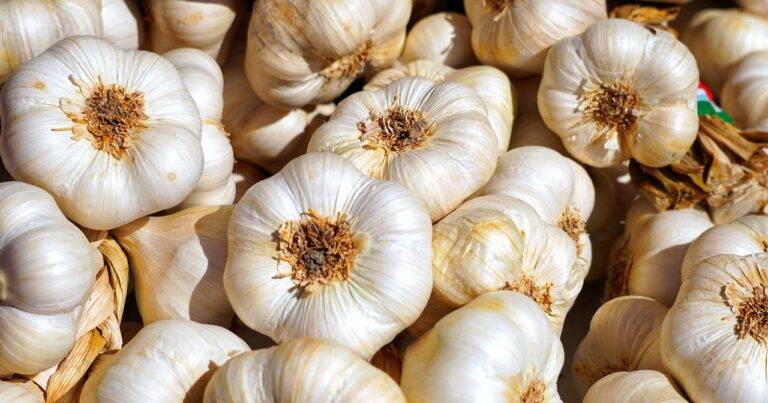The Economic Impact of Olive Oil Exports: All panel.com, Online cricket id, Get online cricket id
all panel.com, online cricket id, get online cricket id: Olive oil is not just a popular cooking ingredient; it’s also a significant commodity in the world market. The economic impact of olive oil exports is substantial, with countries like Spain, Italy, and Greece leading the pack in terms of production and distribution. In this article, we will delve into how olive oil exports affect the global economy and why this industry is such an essential player in international trade.
The Global Olive Oil Market
The global olive oil market is thriving, with an increasing demand for this healthy and flavorful oil in countries all over the world. According to a report by the Olive Oil Times, the global olive oil market is expected to reach a value of $11.16 billion by 2025, with a compound annual growth rate of 3.4% from 2018 to 2025.
Spain, Italy, and Greece are the top three olive oil-producing countries in the world, with Spain alone accounting for over half of the total production. These countries have a long history of olive oil cultivation and have perfected the art of producing high-quality olive oil that is in demand worldwide.
The Economic Impact of Olive Oil Exports
The economic impact of olive oil exports extends beyond just the countries that produce it. When a country exports olive oil, it creates jobs in the agricultural sector, as well as in transportation, packaging, and marketing. This boosts the local economy and provides a source of income for many people.
In addition, olive oil exports contribute to a country’s GDP, helping to stimulate economic growth. According to a study by the International Olive Council, every ton of olive oil exported generates around 2,500 in economic value.
Furthermore, olive oil exports can also have a positive impact on a country’s trade balance. Countries that export olive oil can earn valuable foreign exchange, which can be used to pay for imports of goods and services from other countries. This helps to maintain a healthy balance of trade and can contribute to economic stability.
The Role of Olive Oil in the Mediterranean Diet
One of the reasons why olive oil is such a valuable commodity is its association with the Mediterranean diet. This diet, which is high in fruits, vegetables, whole grains, and olive oil, has been linked to numerous health benefits, including a reduced risk of heart disease, stroke, and certain types of cancer.
As a result, the demand for olive oil has been steadily increasing in countries around the world as people seek to adopt healthier eating habits. This has led to a surge in olive oil exports from countries like Spain, Italy, and Greece, as consumers look for high-quality olive oil to incorporate into their diets.
The Future of Olive Oil Exports
The future of olive oil exports looks bright, with growing demand for this healthy and versatile oil in markets around the world. As consumers become more health-conscious and seek out natural and nutritious foods, olive oil is likely to continue to be a popular choice for cooking and food preparation.
Countries that produce olive oil will need to continue to invest in sustainable farming practices, efficient production methods, and effective marketing strategies to compete in the global market. By focusing on quality, sustainability, and innovation, these countries can continue to benefit from the economic impact of olive oil exports for years to come.
In conclusion, olive oil exports play a significant role in the global economy, providing jobs, income, and economic value to countries that produce and export this valuable commodity. With a growing demand for healthy and natural foods, olive oil is likely to remain a staple in kitchens around the world, contributing to economic growth and prosperity for the countries that produce it.
FAQs
1. What are the health benefits of olive oil?
Olive oil is rich in monounsaturated fats, antioxidants, and anti-inflammatory properties, which have been linked to a reduced risk of heart disease, stroke, and certain types of cancer. It also contains vitamins E and K, as well as beneficial polyphenols.
2. What is the difference between extra virgin olive oil and regular olive oil?
Extra virgin olive oil is the highest quality olive oil, made from the first pressing of the olives without any chemicals or heat. Regular olive oil, on the other hand, is a blend of refined and virgin olive oils, with a milder flavor and lower nutritional value.
3. How should olive oil be stored?
Olive oil should be stored in a cool, dark place away from heat and light, as exposure to these elements can cause it to become rancid. It should be tightly sealed to prevent oxidation and maintain its freshness.
4. How can I tell if olive oil is high quality?
High-quality olive oil should have a fresh, fruity aroma, a peppery or bitter taste, and a golden-green color. It should be labeled as extra virgin and should come from a reputable producer to ensure quality and authenticity.







